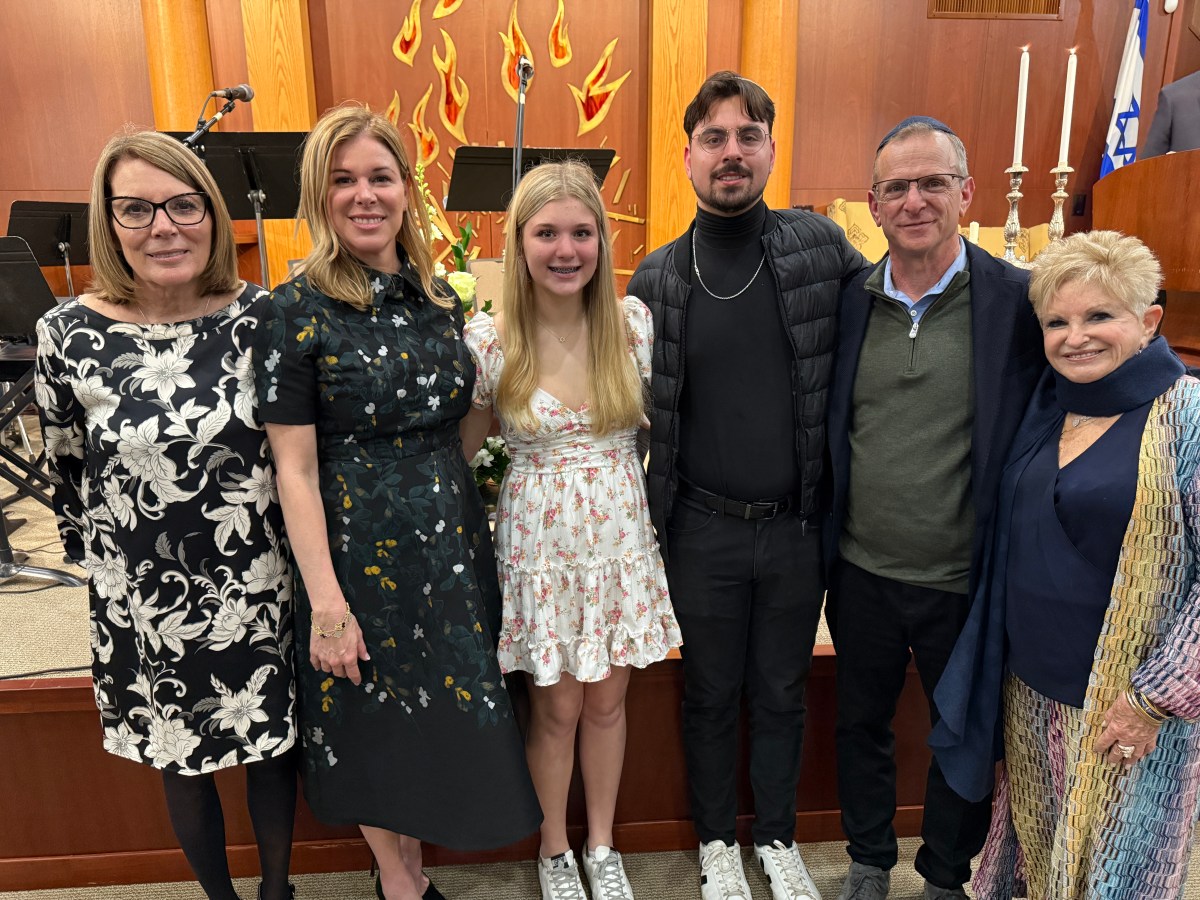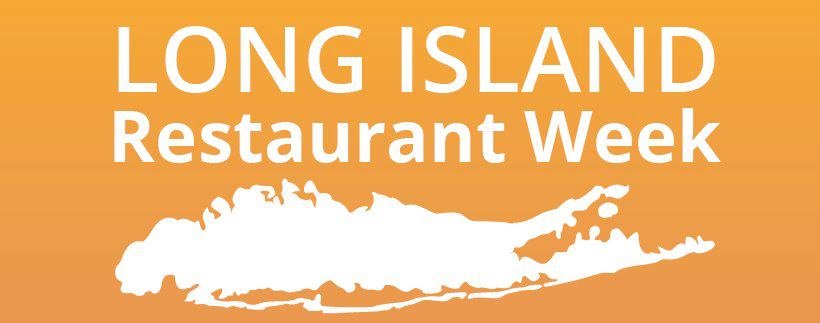Shadow Inventory, Short Sales and How to Talk Real Estate in the Hamptons
It’s rare to come across an article in the Real Estate section of any website or paper without at least some mention of distressed properties and how they relate to the current market. We read about terms like “shadow inventory,” short sales and REO (real estate owned) properties. But what do they mean? Bill Carroll of Hampton One Real Estate Group is here to share his expert insights.

Can you give interested Hamptons buyers a brief primer on these terms?
Basically, the “shadow inventory” refers to distressed homes that are either seriously delinquent on their loans, in the midst the foreclosure process, or foreclosed homes owned by lenders (REO), that have yet to come on market for sale. Even though these properties are not yet listed on the market, it’s very important for me as a buyer’s agent to be aware of what the future holds. Doing so, I can better advise my buyer clients on current market conditions, and they can make more informed decisions.
Does “shadow inventory” exist in the Hamptons?
It absolutely does. Would it surprise you if I told you that New York is among the top six states in that category? More will be revealed as time goes on.
What is the difference between bank owned, REO, and foreclosed properties?
Semantics; there really is no difference. All are properties that have been foreclosed on and taken back by the lender that held the note (mortgage).
Foreclosed properties do exist in the Hamptons and can be excellent purchases, as long as buyers keep in mind that banks are looking to recoup as much money as possible. There are such things as overpriced foreclosures—especially in the Hamptons. A seasoned buyer’s agent will be able to do a value analysis to shed more light on each property’s asking price.
What does the term “short sale” mean?
In lieu of foreclosing on a property (a more costly venture for the lender), the bank agrees to accept less than the outstanding mortgage balance for the home. These sales are becoming more common as the banks have realized that homes can be sold closer to market value and at less overall cost than foreclosures. Purchasing short sales can be challenging, and I highly recommend the representation of an experienced buyer’s agent.
Before a buyer pursues a short sale, they should be advised that these are not typical transactions. A few things to keep in mind are:
- Although the bank holds the mortgage, the home owner holds the deed, so a buyer’s offer must be agreed upon by both parties on the selling side.
- The average approval time from the bank is currently between 45 and 90 days, with additional time for closing.
- Short sales are generally sold “as-is”—even if needed repairs are found during inspection—and buyers are usually required to sign an addendum agreeing to such.
Any final thoughts?
I will share with your readers what I share during my Buyer Counseling Sessions: Don’t get caught up in the notion that purchasing distressed properties is the only way to acquire a property at a great price. Far from it! Only a buyer’s agent can represent a buyer’s best interest, and that means finding the best value out there.
If you have questions for Bill Carroll at Hampton One Real Estate Group, where buyer clients never pay anything additional for their service, you can contact him at (631) 241-8168 or by email at bill@hamptonone.com. You can also ask questions and find answers from Hampton One Real Estate Group on Facebook.



